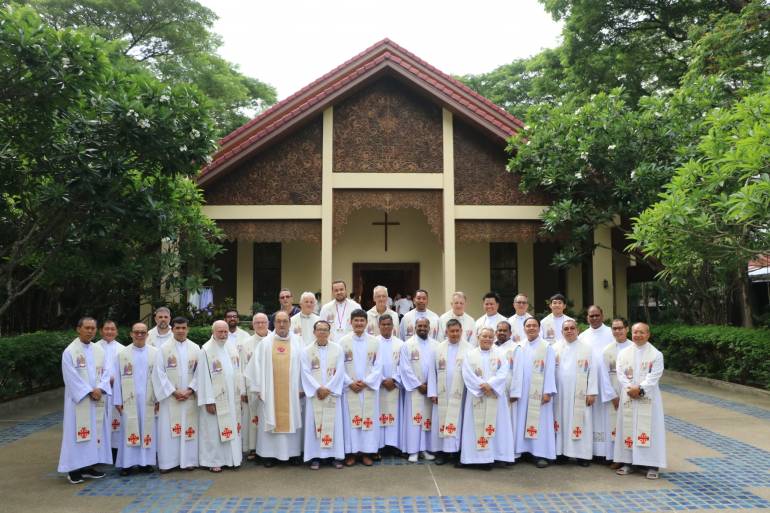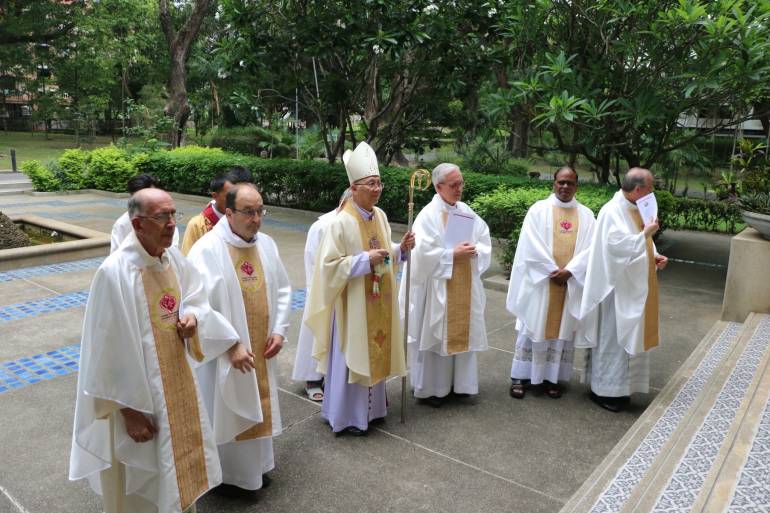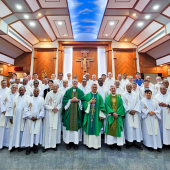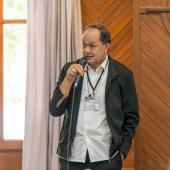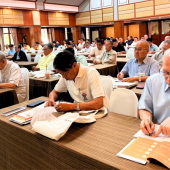Thailand: Sacred Heart of Jesus of Betharram Missionary celebrates its centennial of existence
The Sacred Heart of Jesus of Betharram Missionary Congregation convened a general chapter to commemorate the 100th anniversary of its missionary presence.
The general Chapter at the Seven Fountains Jesuit retreat house in Chiang Mai, Thailand, addressed the Church's new evangelistic challenges with the theme: "Be opened, get up, and let's walk together."
The Congregation's 100 years of missionary journey began when the missionaries arrived in Tali, Yunnan province, China 1922. They labored there for thirty years but were forced to relocate to Thailand following the establishment of the People's Republic of China.
The sacred hearts of Jesus' missionaries started working in Thailand in 1951, in the North of the country, and over the years, they became missionaries for the minorities in Chiang Mai. The Congregation was responsible for the great development of the Diocese.
The Chapter opened on June 9 with a solemn celebration by Mons: Francis Xavier Vira' Aphonrat, bishop of Chiang Mai, and will conclude on June 29.
The bishop praised the congregation members in his homily for their great commitment to the Diocese.
In the General Chapter, there are 34 delegates from 15 countries. They have to elect the new Superior General and give guidelines to the Congregation.
Father Gustavo Agin, the Superior General, was re-elected to lead the Congregation.
Following its founder, Saint Michele Garicots, the Congregation's 350 members strive to meet the requirements of low-income people wherever they are called to serve.
With a small group of foreign missionaries, the Congregation acquired many locals with a deeper cultural understanding who could work with members of their tribe.
Most clerics in the Sacred Heart of Jesus of Betharram congregation are locals.
Radio Veritas Asia (RVA), a media platform of the Catholic Church, aims to share Christ. RVA started in 1969 as a continental Catholic radio station to serve Asian countries in their respective local language, thus earning the tag “the Voice of Asian Christianity.” Responding to the emerging context, RVA embraced media platforms to connect with the global Asian audience via its 21 language websites and various social media platforms.





